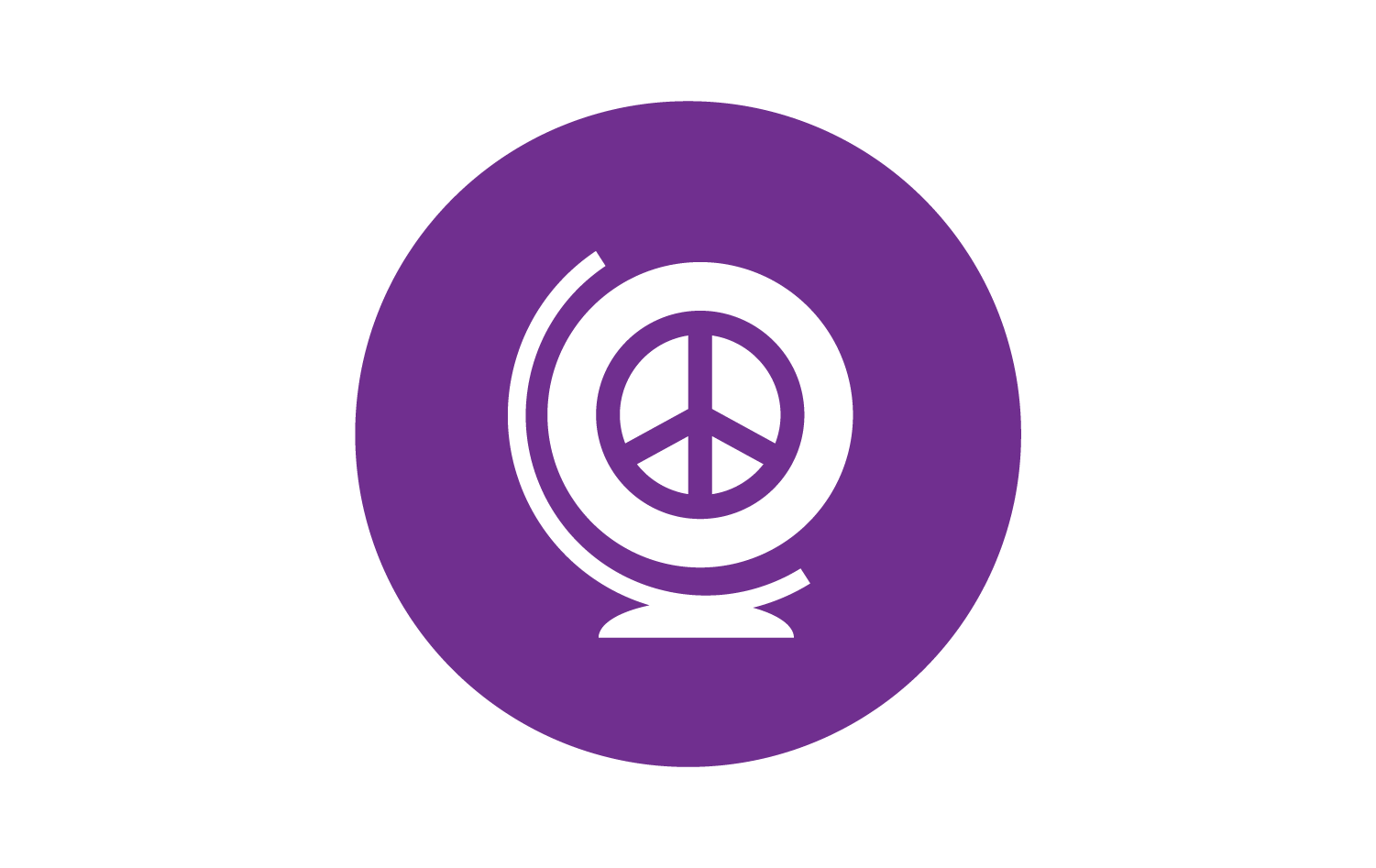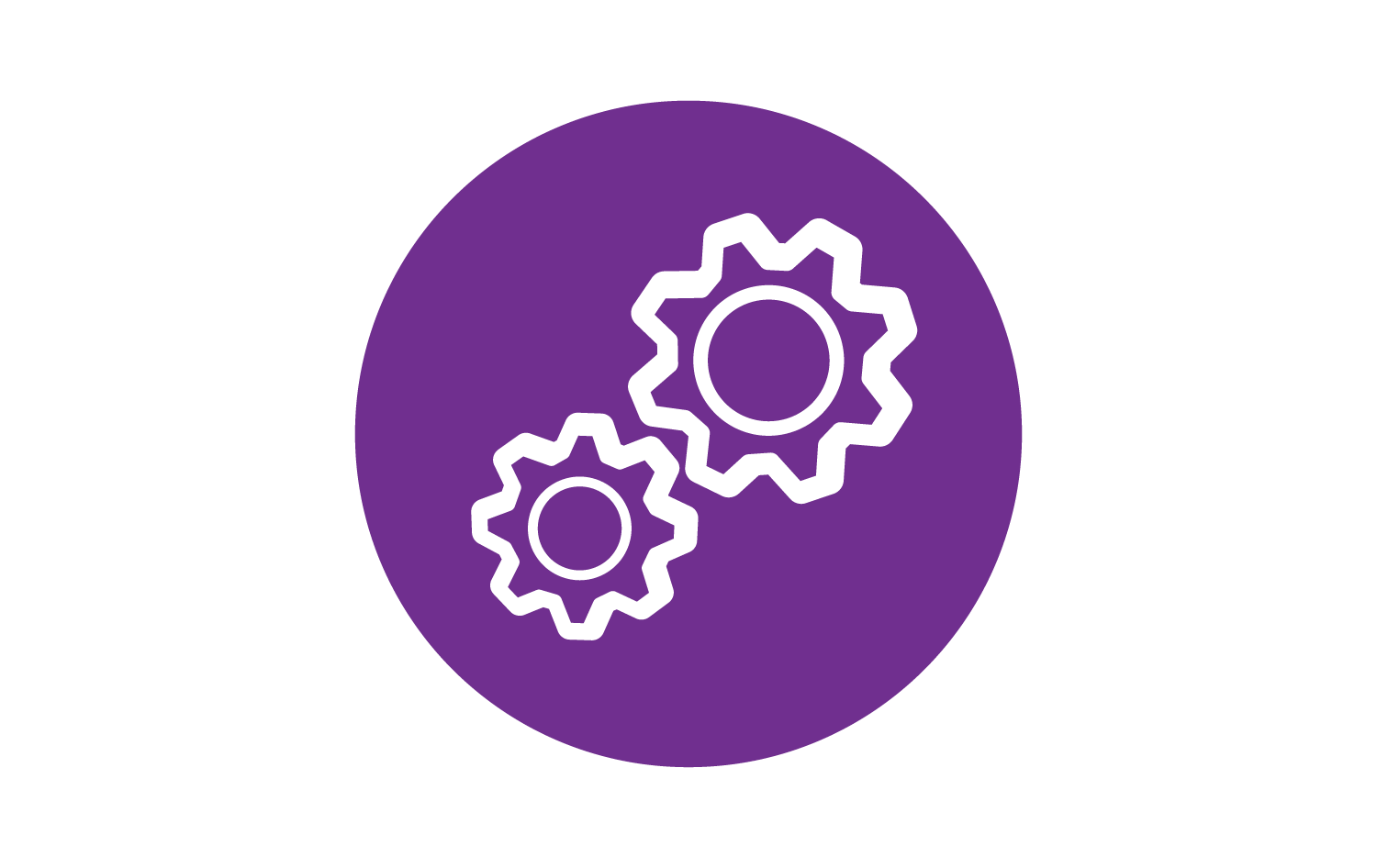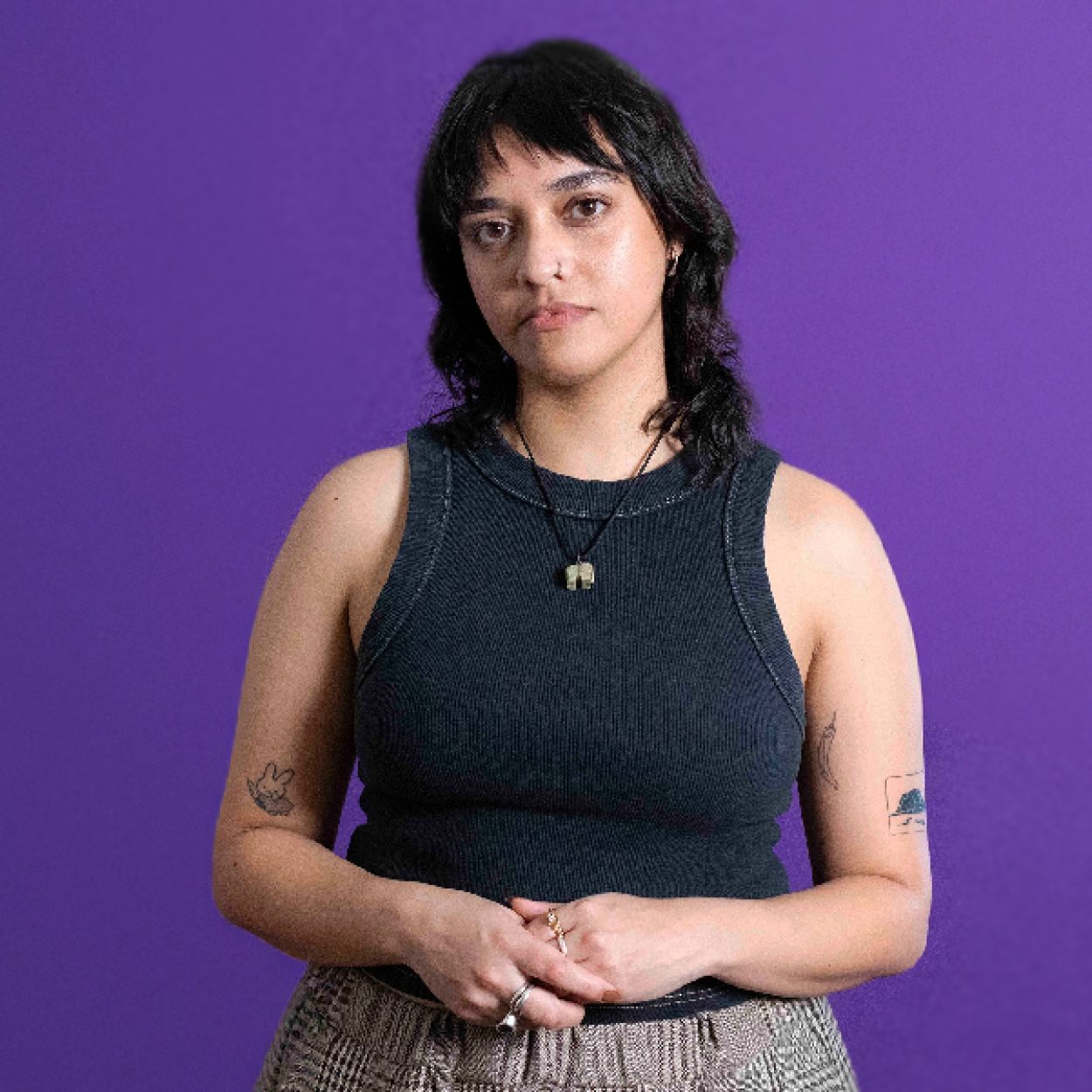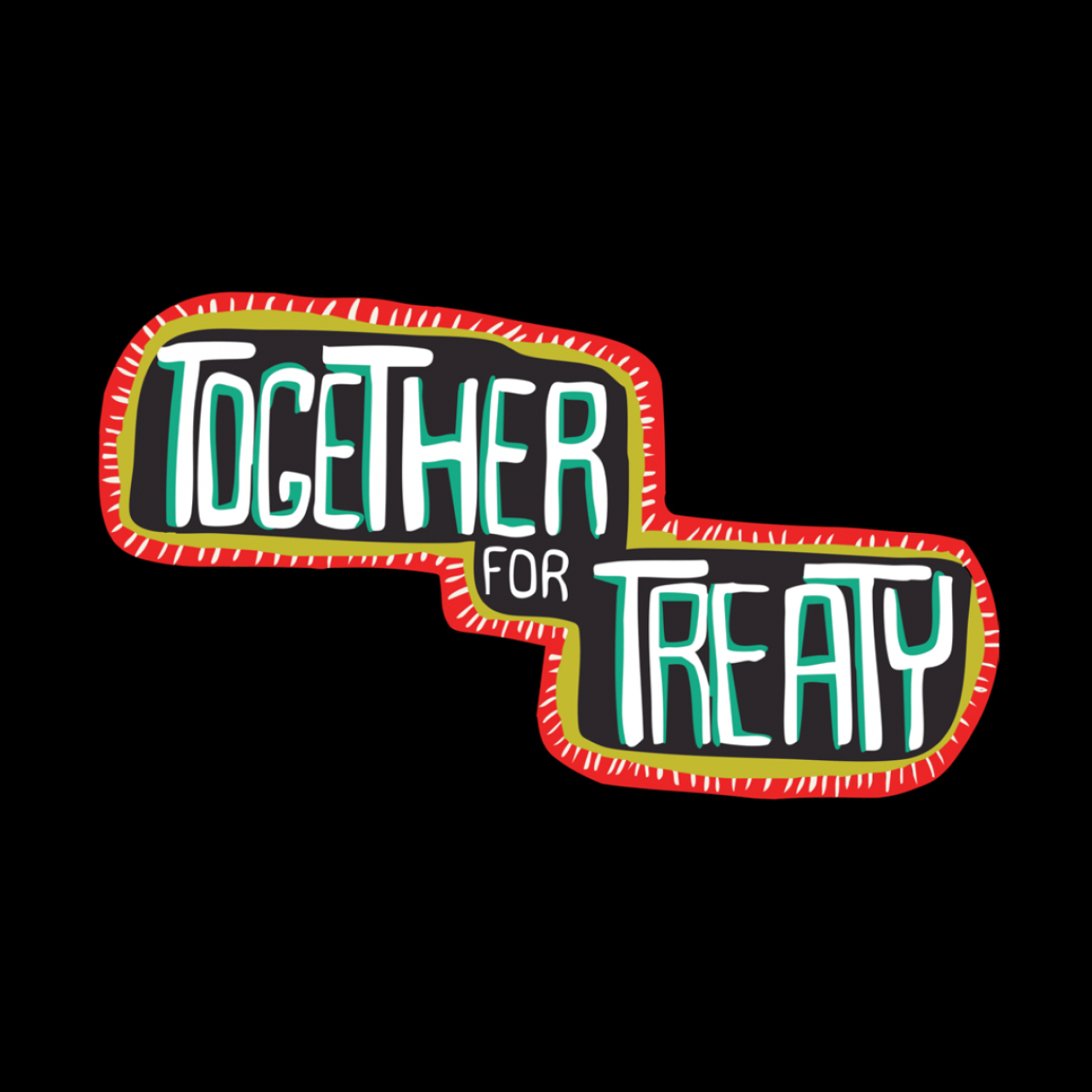Myanmar
Women in Myanmar are taking up active roles in the resistance
Myanmar is the largest country by area in Mainland Southeast Asia with a population of about 54 million as of 2017. Myanmar gained independence from the United Kingdom in 1948, but conflict has never ceased.
Myanmar is highly ethnically diverse. In the 19th and 20th centuries, British colonialists disregarded ethnic differences and tensions across Myanmar, disrupting the country’s social fabric and fueling ethnic tensions that persist to this day.
Several ethnic armed groups are fighting the Myanmar Armed Forces (MAF), also called the Tatmadaw, for democracy. The traumas of colonialism, poverty, and the struggle for autonomy and federalisation have put Myanmar in prolonged instability for the last seven decades.
While the victory of the National League for Democracy Party in 2015 signalled hope for democratic change in Myanmar, the Tatmadaw coup in February 2021 plunged the country into crisis. This forced its people to face new and renewed challenges. As of 15 August 2022, an estimated 1.4 million men, women and children have been internally displaced as a result of deliberate attacks- killing, torturing, raping, and destroying houses, villages, and food supplies. The number of people displaced has drastically increased, while at the same time, the military is heavily restricting humanitarian access.
Diverse women and feminist activists are at the forefront risking their lives to speak out for a democratic future based on an inclusive, federal model.
Life for Women and the Feminist Movement in Myanmar post-Coup
Myanmar women and children are bearing the heaviest brunt of the combined crises of the coup and the COVID-19 pandemic, including the significant decrease in access to food, education, and medicine. Women are afraid to look for food and fetch water due to fears of sexual harassment or arbitrary arrest at military checkpoints. There is also risk of getting caught up in unexpected armed clashes. As the majority of frontline healthcare providers, service workers, and unpaid and informal caregivers, women are exposed to greater risks of gender-based violence (GBV) and conflict-related sexual violence (CRSV). Thousands of women have been detained in interrogation camps across the country.
The work of women rights organisations (WROs) in advancing gender equality and leading transformative change for decades, has been considerably undermined. The risks faced by WROs, and the feminist movement are multi-layered, including prosecution; extrajudicial killings; forced internal relocation or deportation; harassment; physical abuse and/or sexual abuse; and digital security threats. Sexual harassment and abuse of WHRDs and transgender people by armed forces is increasing. Members of the Myanmar LGBTIQ community have also been targeted by security forces.
There is, however, still an active civil society. Women, girls and LGBTQIA+ individuals, including Women Human Rights Defenders (WHRDs), who are on the frontline of protests and play prominent roles in the anti-coup resistance movement.
According to the Gender Equality Network, Myanmar women made up about 60% of the protesters taking to the streets. The current political crisis has been seized as an opportunity for Myanmar women to reshape the narrative of women’s role in society by dismantling negative and harmful perceptions of women in addition to opposing the military takeover.
Barriers to equality in Myanmar
3,289
Number of women held in political detention, as of November 2022
271
Number of women killed by the military since the coup, as of November 2022
1,400,000
Number of internationally displaced people, as of December 2022

Quick stats
54.4 million
Total Population
0.58
Human Development Index (HDI)
40%
Population living below the National Poverty Line
Partnering for change

Promoting women’s leadership
Against these odds, WROs are continuing their critical roles in providing services and reaffirming political engagement and activism. These organisations are increasingly relied upon for humanitarian responses, goods and services provision, case management and survivor support. Thus, resulting in increased pressure on local WROs whose capacity is under threat from reduced funding and organisational support. Flexible funding models and technical assistance for WROs are critical to sustain their influence in the short and long term and to enable them to provide appropriately responsive interventions for communities. It is in this climate and to these challenges, that IWDA seeks to respond to WROs in Myanmar through the Women Leading Change program (2022-2026).
IWDA has proudly partnered with WROs in Myanmar for more than 30 years. In this flagship program, we partner with three local WROs based in Thailand and Myanmar, with the opportunity to partner with more organisations in the future. WLC’s goal is to strengthen WROs and feminist movements in Myanmar to strategically advance gender equality and the rights of women and girls.
According to WLC partner, “the military might be tightening their control of the country in response to the growing mass resistance movements but the work of women-led orgs, committees and organising initiatives is ensuring that momentum isn’t lost.”

Strengthening women’s safety and security
Our partners provide critical services to women experiencing gender-based violence, including conflict-related sexual violence (CRSV), intimate partner violence, and human trafficking. It includes the provision of food, shelters, safe houses, counselling, legal and livelihood support for survivors of GBV and CRSV.
They also work with men’s networks to promote respectful relationships in the communities by challenging harmful social norms against women and girls.

Creating systemic change
For over twenty years, our partners have been running feminist leadership programs for young women from ethnic minority groups. Many program graduates are now taking on strong and visible roles in the democracy movement. They are seizing the opportunity to reshape the narrative about women’s role in society.
Prior to the military seizing power, IWDA supported partners to sharpen their focus on women’s political leadership. In the November 2020 election, a record-breaking number of women parliamentarians were elected, amounting to a 28% increase.


